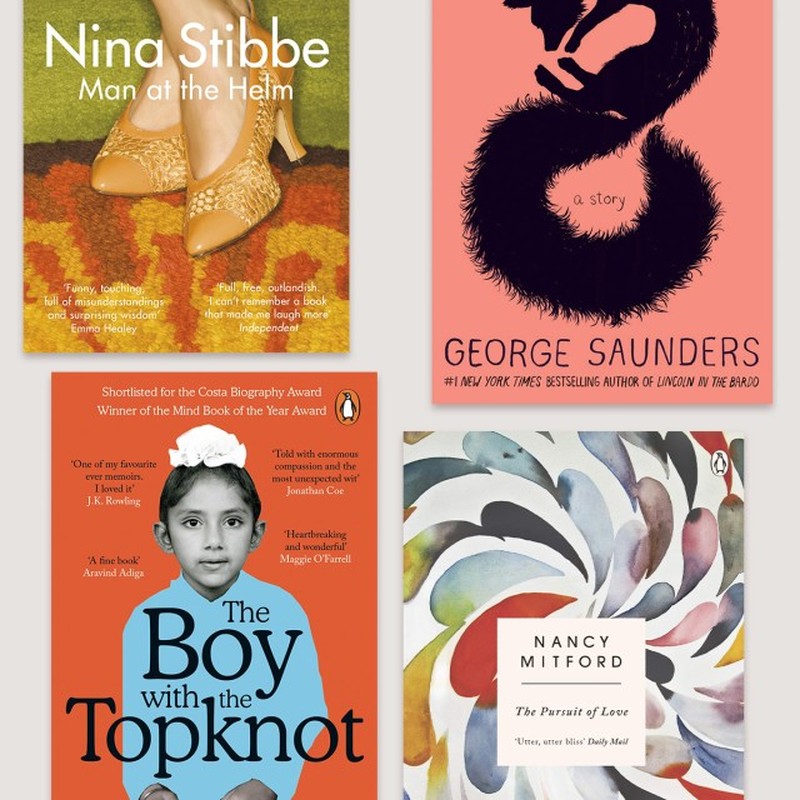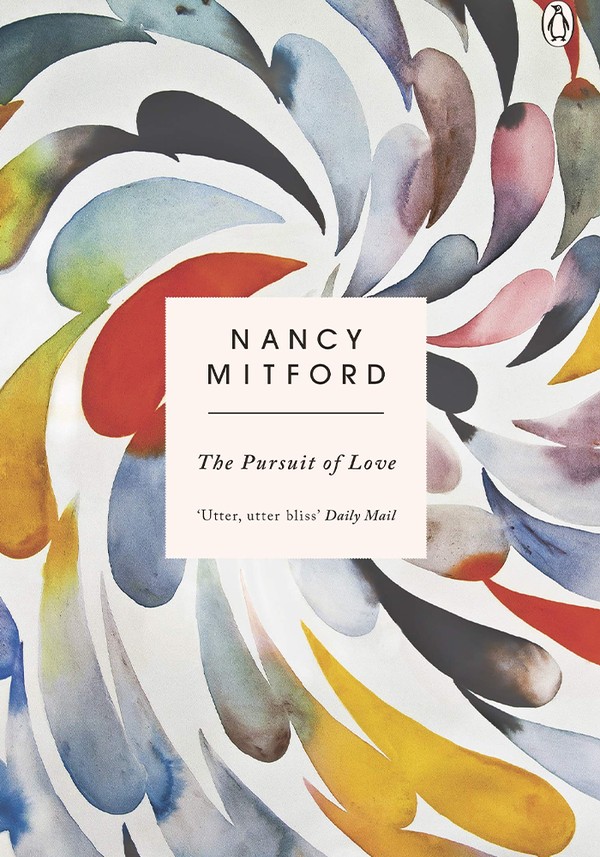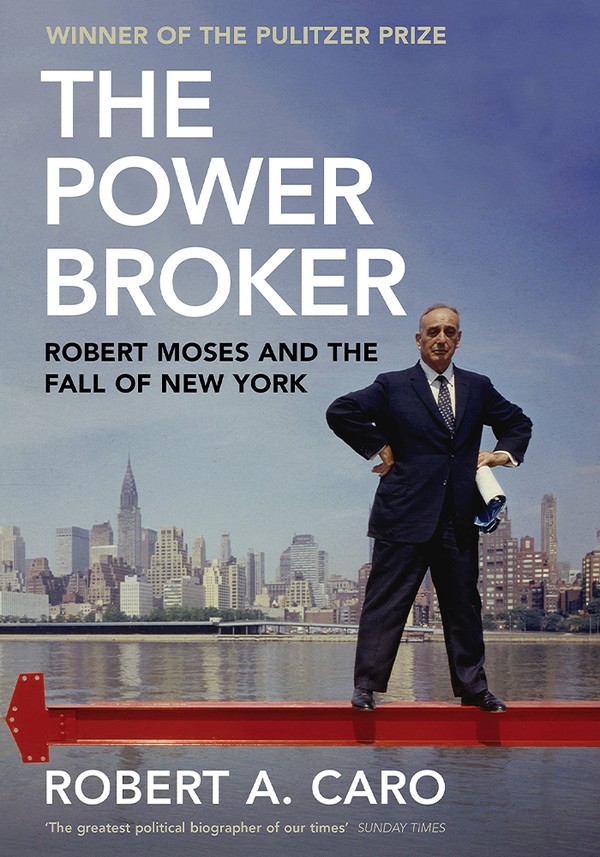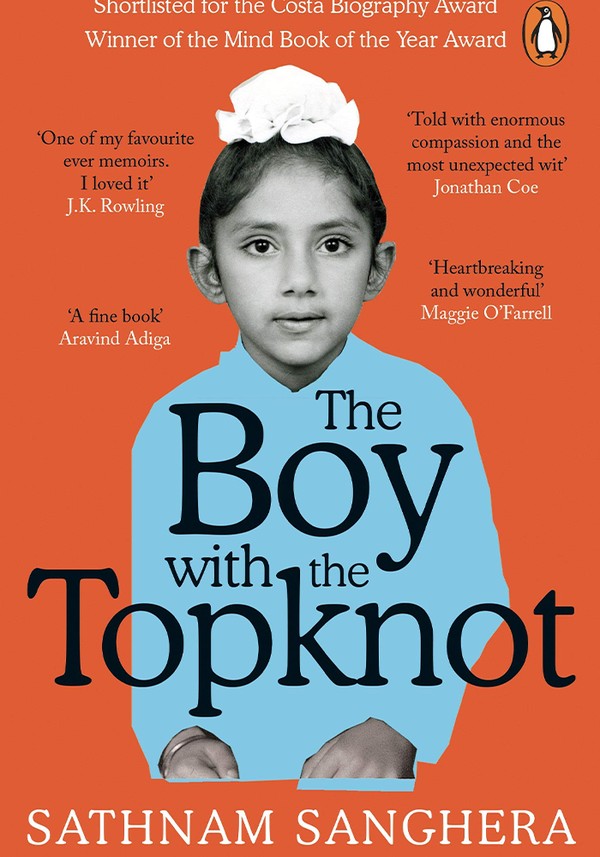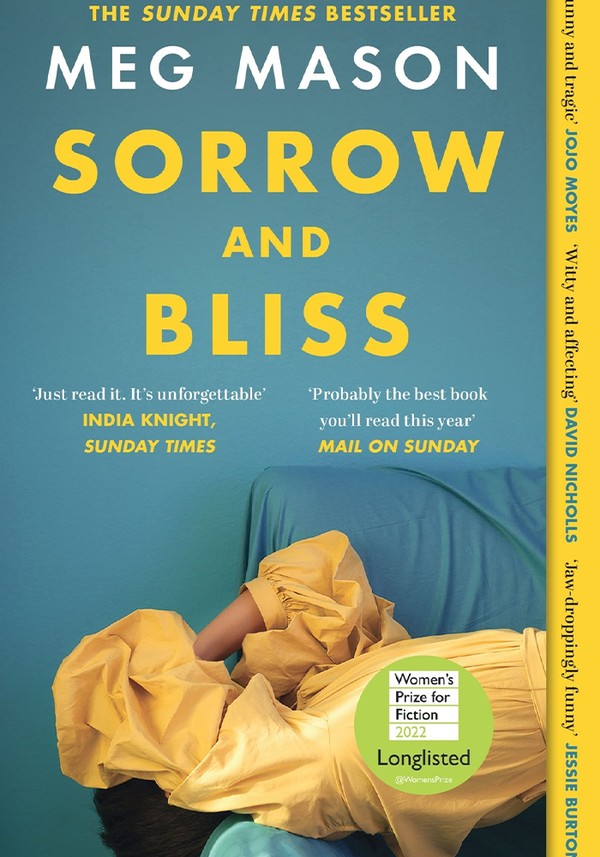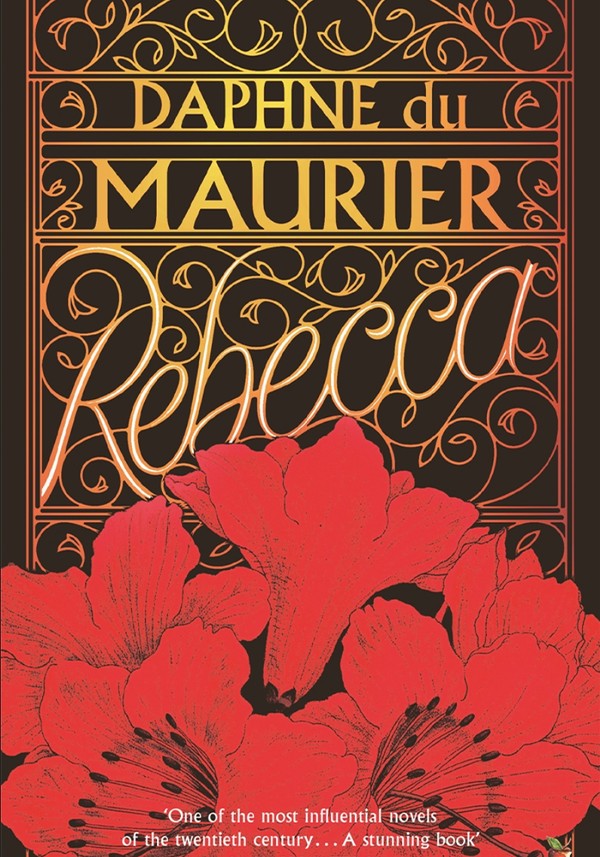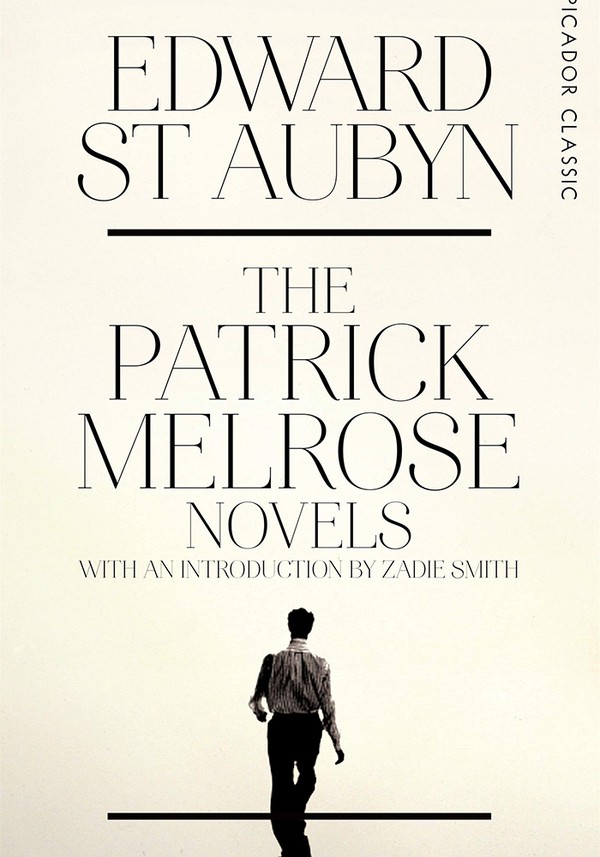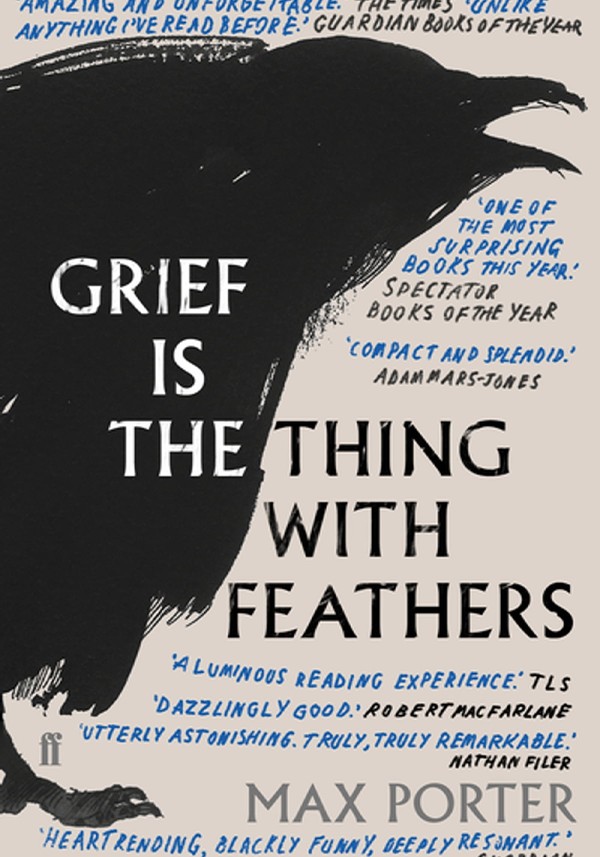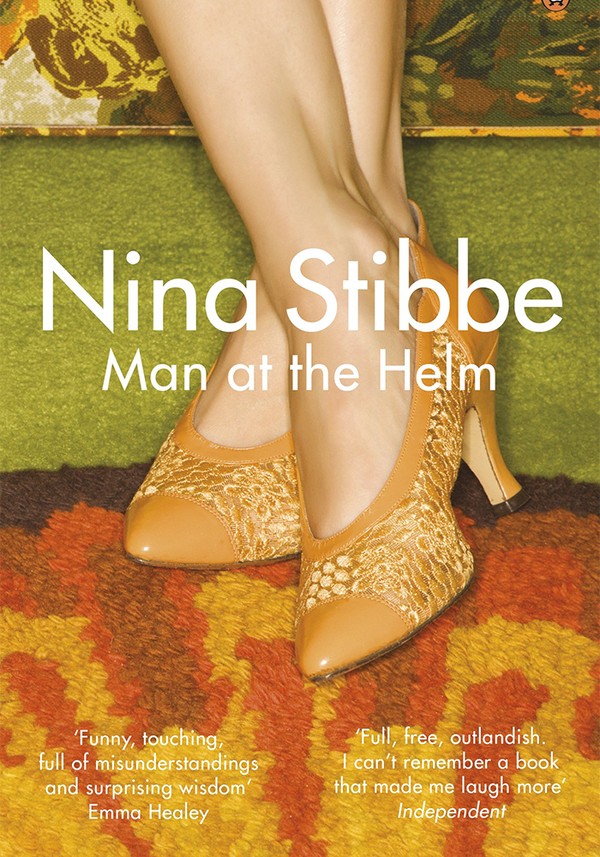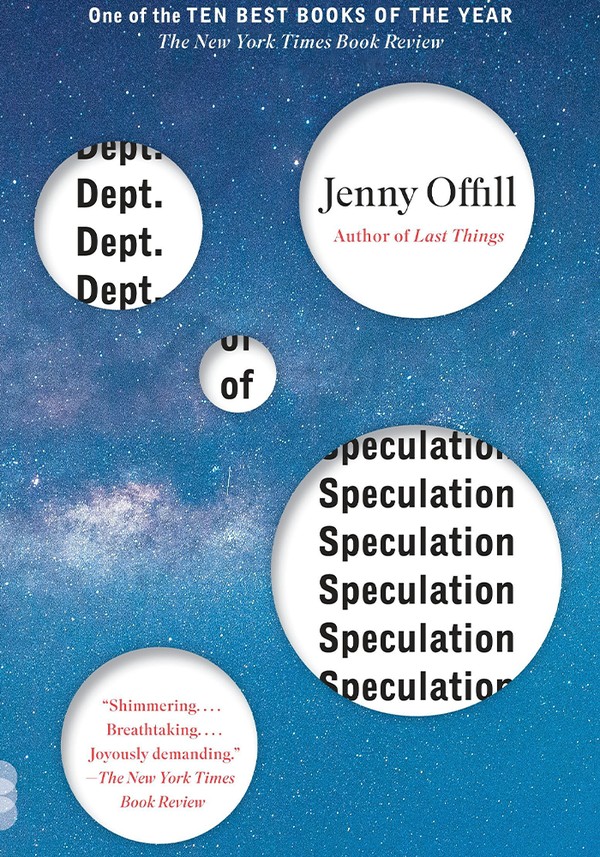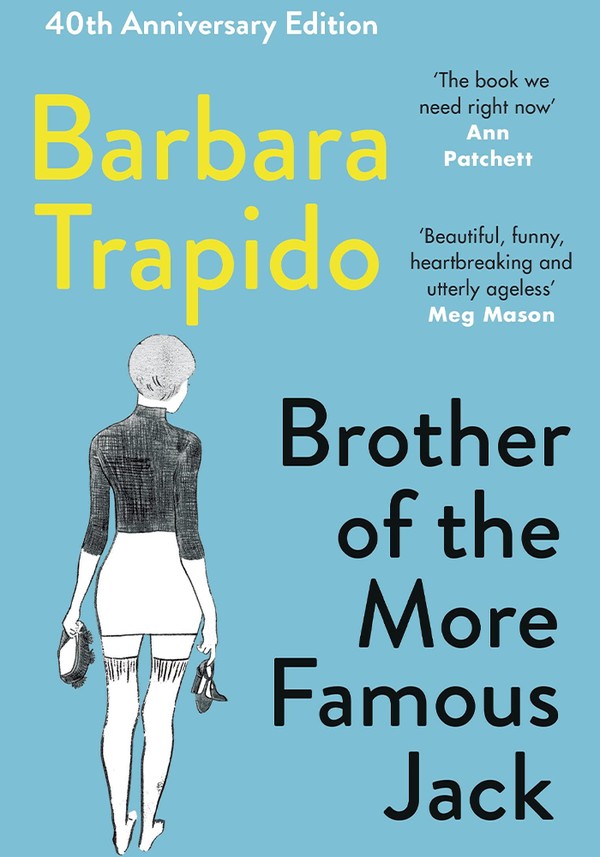My Life in Books: Meg Mason
Sorrow & Bliss has been a huge word-of-mouth hit. I didn't have a profile in the UK before its release, so I've been fortunate. It was released in the US and in Australia where I live, but the book is set in the UK, so it's been nice because it feels like it's returned home – even though it wasn't written here by someone who's from here.
I wrote this book with no ambition other than to write it. Anything that happened afterwards was a bonus. There’s been an accumulation of incredible things – whether it's someone writing a really nice letter, then somebody reviewing it kindly, or hearing someone's passed it on to a friend. It kept building and building to the point where I’ve been shortlisted for the Women’s Prize for Fiction. I worked hard on the book, but the reward has outstripped the effort. This is my third book, but I'm not an established literary figure, so when it’s a huge prize that’s a big part of the book community, you almost feel like an outsider.
I didn't read for pleasure until I was about 19. At the time everybody else was endlessly reading the classics and building up their literary knowledge, I was at The Body Shop trying on all the White Musk products before heading to McDonald's with my friends. I have enormous gaps in my knowledge and I'm slowly filling them in. When I read these days, it’s always a mix of classics interspersed with whatever new book is coming out. Right now, I’m reading Rebecca by Daphne du Maurier and have Nell Frizzell’s upcoming novel Square One lined up after that.
I recently read an incredible non-fiction book called Invisible Child by Andrea Elliott. It follows a family through the homelessness system in the US, focusing on one particular girl as she and her family make their way from shelter to shelter. It was incredibly moving. I also read The Boy With The Top Knot by Sathnam Sanghera, who I worked with 20 years ago. It was one of those books that within a few pages I knew I’d never forget. It's the most astonishing story – everyone should read it.
I love Daunt books in Marylebone. That’s the shop I remember going to when I’d just had my first baby at 25. It was quite a peculiar time – and I was intensely lonely – and I’d go in there, look at the books and think, “I’ll never do this because I’m a mother.” I thought being a mother had come at the cost of my career. To turn up 18 years later for my book launch last week felt really, really special.
It wasn’t books that made me want to write fiction – it was bookshops. I grew up in a very ordinary town in New Zealand, so it felt beyond the realms of possibility. It wasn’t my world, and it certainly wasn’t my destiny. But when I moved to London at 22, I started to read and discovered all the bookshops. I remember standing between the shelves and imagining what it must feel like to see your book on them. I began writing on the side while still working full time as a journalist, but I was always struggling against this desire to be literary with a capital L – partly because it sounds pretentious and partly from thinking a book could only be literary if it was dark and serious. I've always written humour, and that seemed like something I wasn’t allowed to do. I've gone wrong in the past with manuscripts because I was writing what I thought I should be writing.
The book that changed everything for me was Man at the Helm by Nina Stibbe. I already adored her after reading Love Nina and bought Man at the Helm to read on holiday. I also took another novel that was dark and literary and serious, and ended up reading Stibbe’s twice and ignoring the other one. I started thinking, if I don't want to read it, why do I want to write it? That’s when I learnt to stop trying to do someone else's thing and just do my own.
I also love Brother Of The More Famous Jack. Everybody needs to read it and feel like they discovered it themselves. It's just been reissued for its 40th anniversary. It was written in 1982, but if you came to it now, you’d think it had just been published because it's so contemporary. It begins as a light, funny family saga about this big bohemian north London family which takes on a young suburban girl who's very naïve. She falls in love with one brother and then the other brother. It’s all very charming, but then it becomes dark and contains so many contemporary themes like medical misogyny and toxic masculinity. Barbara Trapido was so ahead of her time. You remember it as a funny book, though – it’s such a high art to be able to explore these things without making them dreary.
Reading is a habit. Once you're reading a lot, you can't bear the moments you’re not. Sometimes, I fall out of it if I come off the back of something I adored and just can't find the next thing – I always think authors should add tips at the back of their books for where to go next. I jump in and out of phases where I read intensively and I’m suddenly reading ten books in a month. Like everybody, I always read before bed, but it’s best to make sure you always have a book with you – in the glove box of the car if you get stuck, or in your bag – and just reach for that instead of your phone.
I’ve never belonged to a book club because I'm such an introvert. I can't bear conflict and for some reason, I imagine people shouting about the author’s intentions and it makes me want to cry. I wonder what it would be like to be in one as an author? That said, I know people who adore them. I want the wine and cheese and the lovely women, but I’m just not sure it would feel all that relaxing.
I write down every book I read in the back of my paper diary. When I look back on it, I can see what my interests were like in, say, the pandemic. I can see I read a lot of Tudor history and worked my way through all the Antonia Frasers. Last year, I read a lot of non-fiction. As an author, I get sent a lot of books, so I have to be careful to make sure I also read books for pleasure, otherwise it does become a bit of a chore.
There is a handful of contemporary writers whose work I’ll always read. Last year, there were new books from Rachel Cusk, Edward St Aubyn and Max Porter – it felt like Christmas. Janet Frame is a New Zealander who is very close to my heart because I'm one as well. I can see that all my preoccupations as a writer – my notions of home, beauty, madness of sorts and longing – come from her. And I would tend to Nina Stibbe’s grave, I love her that much. In terms of new writers, I loved Assembly by Natasha Brown. Can we all make sure that she has nothing else to do except write fiction so we can get the next book from her as soon as possible? I think she's astonishing and so talented.
When it comes to novels that will never leave me, it's a tie. One is Department of Speculation by Jenny Offill. I don't generally read to feel seen, but that was the first time I ever remember feeling seen in the way I was as a mother. I've never seen myself in the way motherhood is portrayed in that book, and when I read it, I was like: “Oh, someone else knows.” The other one is a tiny book called Fox 8 by George Saunders. It’s the novel he wrote after Lincoln in the Bardo, which won the Booker prize. Imagine trying to follow that? Bardo was a really intense, cerebral read – and then this book is about a fox who learns English and tries to save his little fox friends, but it's so profound. It's all spelt incorrectly and is beautiful and meaningful, and it feels like a children’s book. Then, at the end, you’re just totally broken by the humanity it.
I remember being supremely moved by Katharine Graham’s autobiography. She ran the Washington Post during the Vietnam years and was the only woman in her field. It really inspired me when I was a journalist. It's the strangest recommendation, but there’s also a great book by Robert A. Caro called The Power Broker which is 1,000 pages about a town planner. That's not my general oeuvre, but it's so incredibly written and reads like a thriller.
I went to a dinner party on Saturday night and gave the hosts a pile of books as a gift. They were Brother of the More Famous Jack, Fox 8, Grief is the Thing with Feathers by Max Porter, Partner of Speculation and Magpie by Elizabeth Day, which is just such a rollicking good read. It’s a pacy thriller, but with real literary depth. It reminds me of Daphne du Maurier.
I must have a heart of stone as I don't tend to cry at novels. The only one I can think of is Who They Was by Gabriel Krauze. It's a novel, but it's an incredibly experimental piece of auto fiction that came out last year and focuses on the author’s experiences as part of a gang on a housing estate in north London. It's incredible and should have got far more attention than it did.
I loved being able to pass on books to my daughters while they were still young. Nancy Mitford has become incredibly popular in my house. To watch someone experience a Nancy Mitford novel for the first time is a real privilege. I’ve loved reading them again all together. The Pursuit of Love’s Linda Radlett is my favourite literary character. I think it's hard to get past someone who just adores chatting – she's probably my spirit animal.
Patrick Melrose is the most astonishing adaptation. The series was so perfect and one of the few where you don't come away saying, “The book was better.” It was so beautifully done by David Nicholls and managed to be both dark and funny. And obviously, I could watch Benedict Cumberbatch all day.
Inspired? Here are some of Meg’s favourite reads…
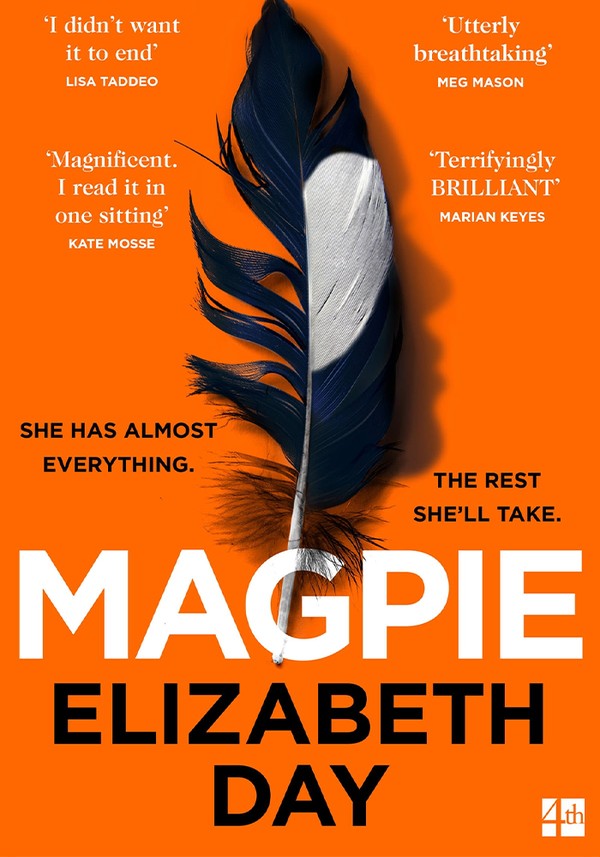
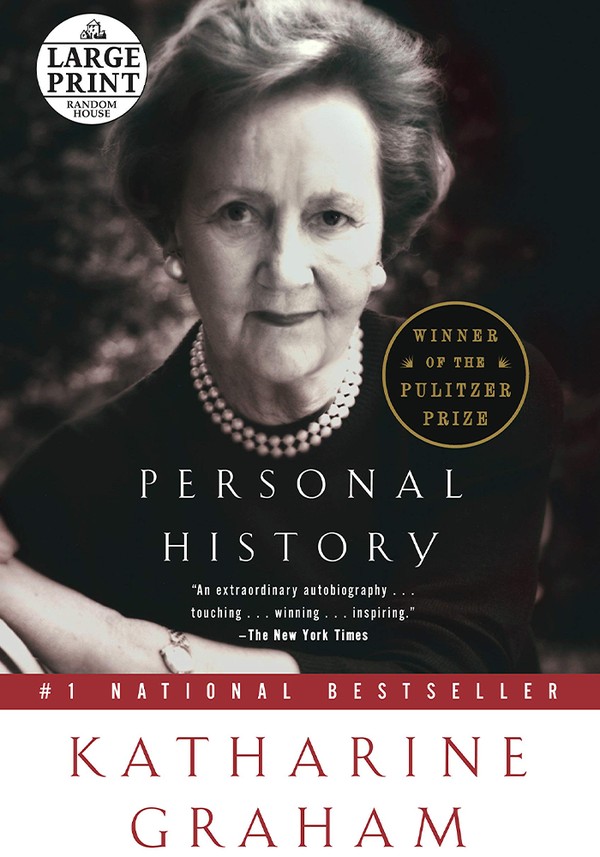
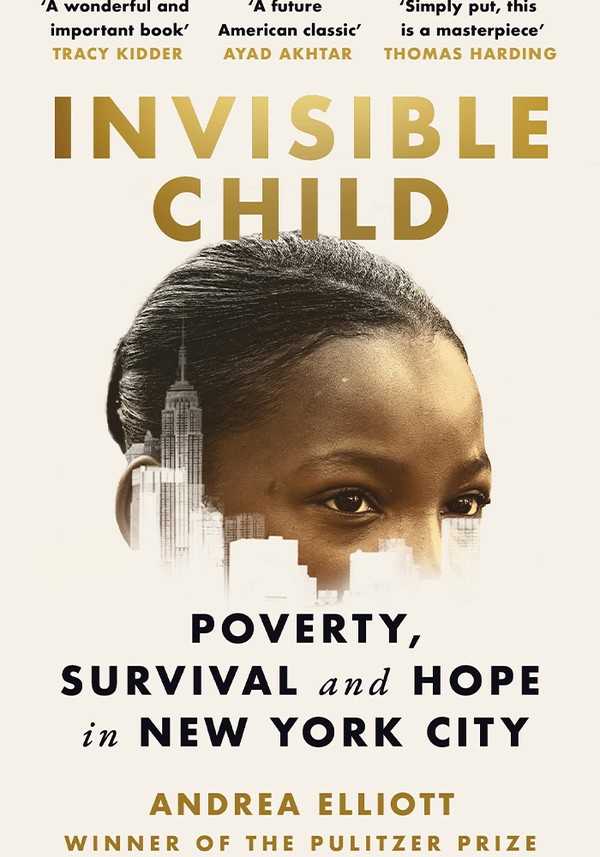
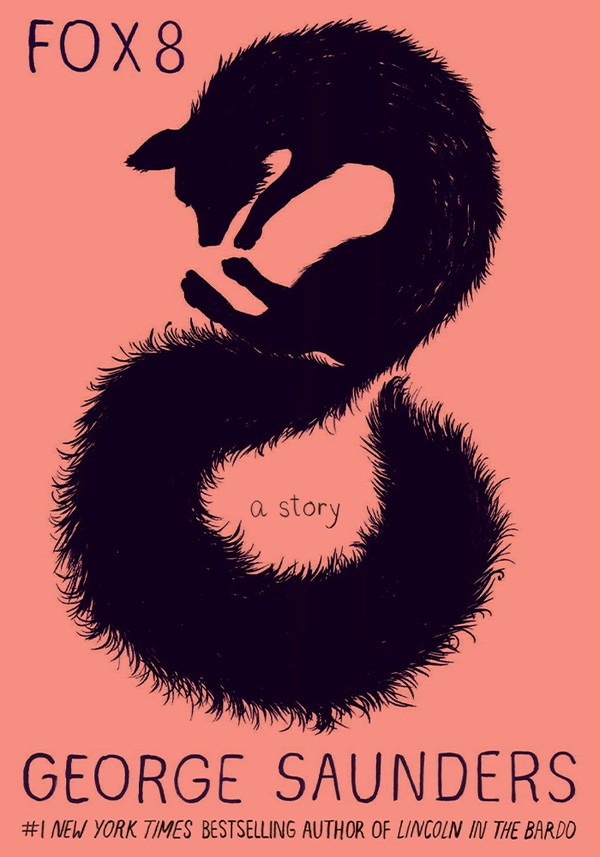
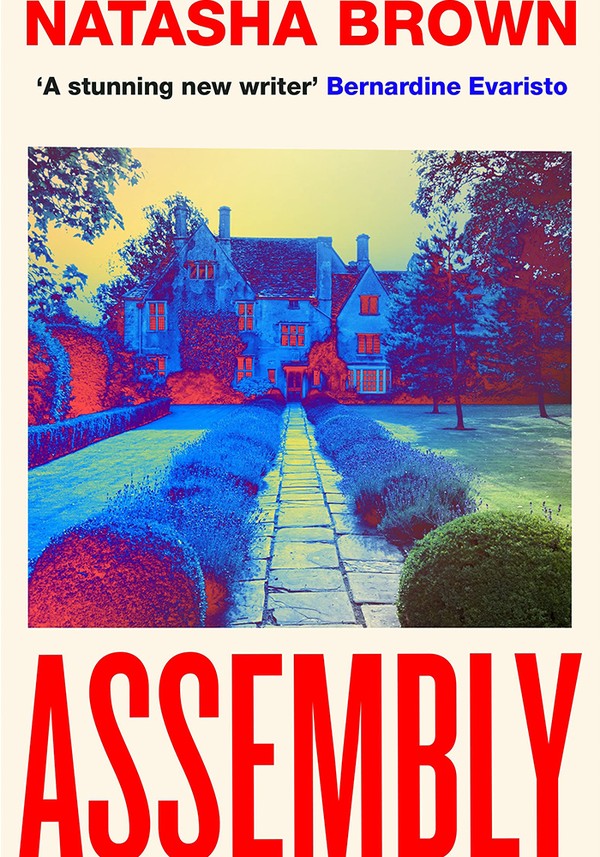
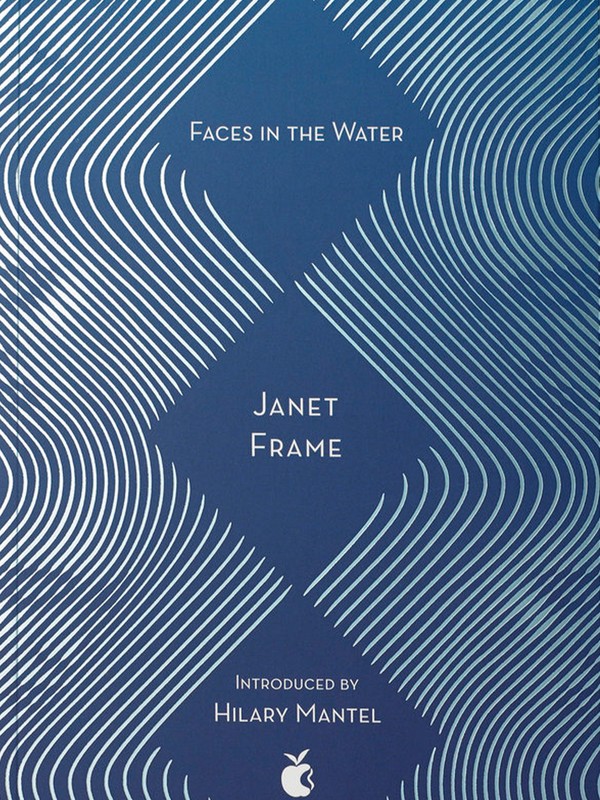
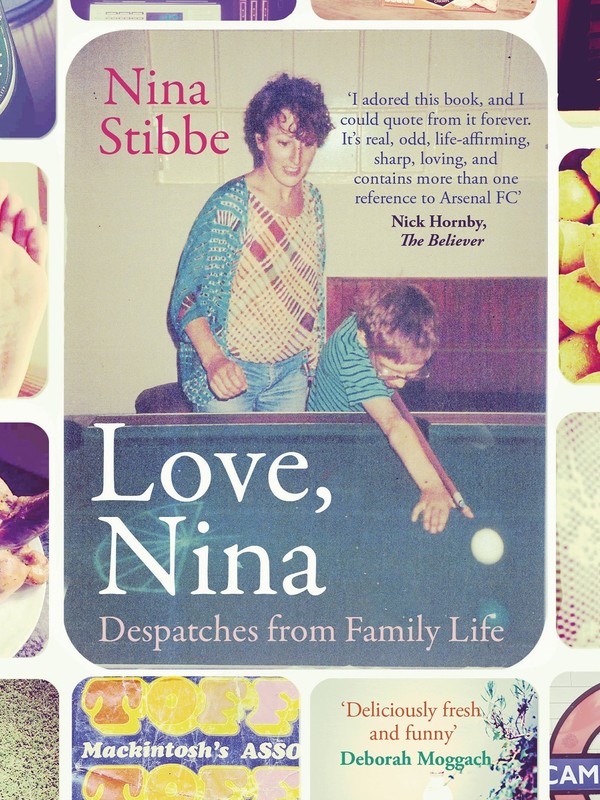
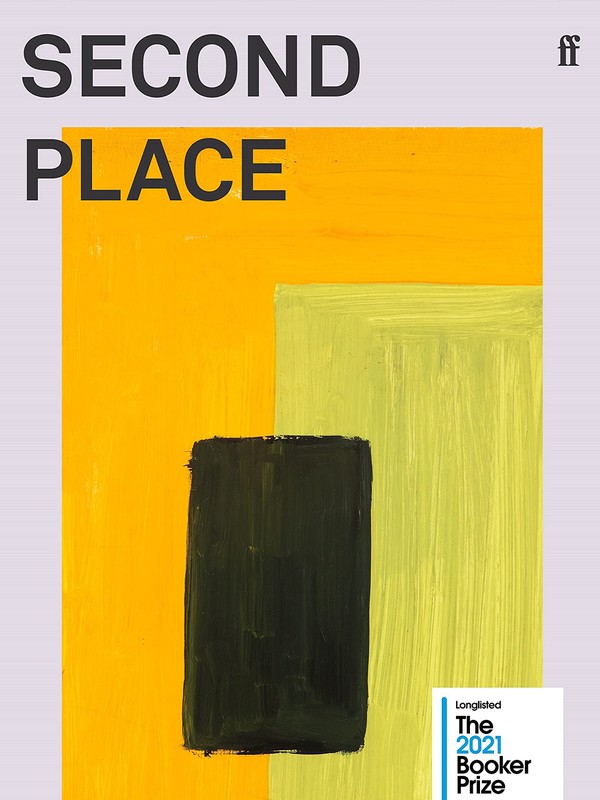
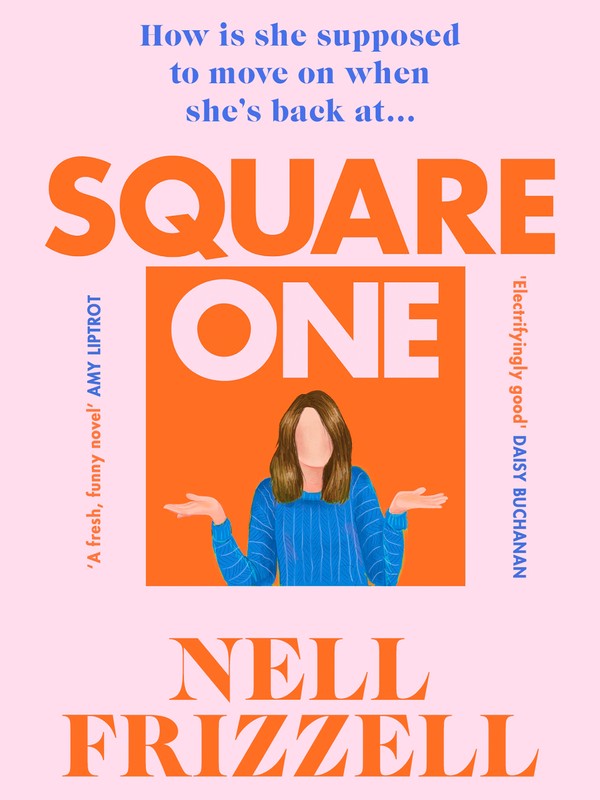
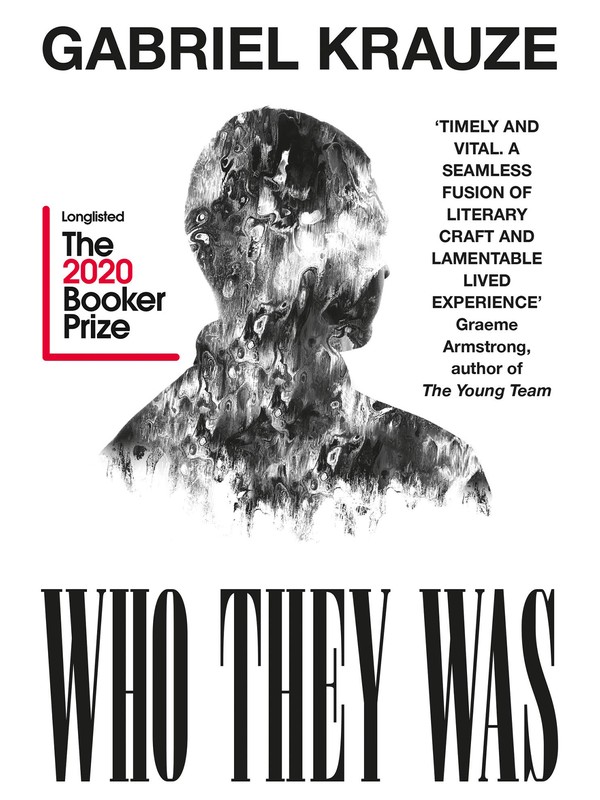
DISCLAIMER: We endeavour to always credit the correct original source of every image we use. If you think a credit may be incorrect, please contact us at info@sheerluxe.com.
